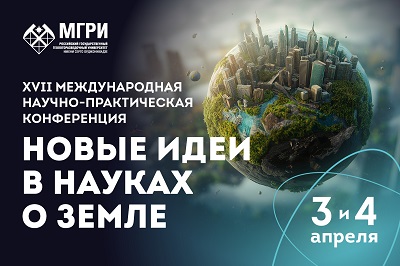Comparison of irreducible water saturation measurements under ambient and reservoir conditions
https://doi.org/10.32454/0016-7762-2025-67-3-51-59
Abstract
Background. In laboratory practice, the method of semi-permeable membranes using a batch porous plate is a conventional technique for determining irreducible water saturation (Swirr) and capillary pressure curves (CPC). The Swirr and CPC values obtained under ambient conditions in batch porous plates must be adjusted to reservoir conditions before they can be effectively applied in petrophysical, geological, and hydrodynamic models.
Aim. To investigate experimentally the effect of pressure and temperature on the measured values of Swirr and CPC when transitioning from ambient to reservoir conditions using the same core samples.
Materials and methods. By analogy with other previously completed works in various laboratory centers in related fields, our experiments included the sequential determination of water saturation and electrical resistivity of core samples under various combinations of effective confining pressure and temperature, using both a batch porous plate and an individual cell porous plate with semi-permeable membranes. In addition, we analyzed a comprehensive dataset on capillary pressure curves measured under ambient and reservoir conditions in different laboratories.
Results. A systematic decrease in the measured values of Swirr was observed in the individual cell porous plate compared to the batch porous plate. Under temperatures corresponding to ambient conditions, an increase in effective pressure led to a reduction in the observed Swirr values. The influence of temperature on Swirr could not be reliably determined.
Conclusion. The obtained results show discrepancies with the initial assumptions regarding the impact of experimental conditions on Swirr values. Further studies are required, and a revision of existing measurement approaches may be necessary for the studied objects.
Keywords
About the Authors
A. G. KhokholkovRussian Federation
Alexey G. Khokholkov — Сand. of Sci. (Phys.-Math.), senior expert of the laboratory of petrophysical core research
7, Pozharnykh i spasateley str., Tyumen 625031
Competing Interests:
the authors declare no conflict of interest
A. V. Chashkov
Russian Federation
Anatoliy V. Chashkov — Сand. of Sci. (Phys.-Math.), petrophysics expert
90/2, Leninsky ave., Moscow 119313
Competing Interests:
the authors declare no conflict of interest
V. S. Korytov
Russian Federation
Vitaly S. Korytov — deputy director of the laboratory research center; Associate Professor of the department of geology of oil and gas fields at IUT
7, Pozharnykh i spasateley str., Tyumen 625031;
38, Volodarskogo str., Tyumen 62500
Competing Interests:
the authors declare no conflict of interest
References
1. McPhee C., Reed J., Zubizarreta I. Core Analysis: A Best Practice Guide. Moscow — Izhevsk: Institut komp’juternyh issledovanij, 2018. 912 p. (In Russ.).
2. Guidelines for Estimating Oil and Gas Geological Reserves Using the Volumetric Method (Draft). Available from: https://gkz-rf.ru/sites/default/files/media/files/2025-06/-mu-pz_09.06.2025.pdf (In Russ.).
3. Terentyev V.Yu., Dyakonova T.F., Saetgaraev A.D. et. al. Petrophysics of Non-Waterwet Reservoirs in Oil Fields of the Timan-Pechora Petroleum Province. Perm: Aster Didzhital, 2020. 231 p. (In Russ.).
Review
For citations:
Khokholkov A.G., Chashkov A.V., Korytov V.S. Comparison of irreducible water saturation measurements under ambient and reservoir conditions. Proceedings of higher educational establishments. Geology and Exploration. 2025;67(3):51-59. (In Russ.) https://doi.org/10.32454/0016-7762-2025-67-3-51-59









































